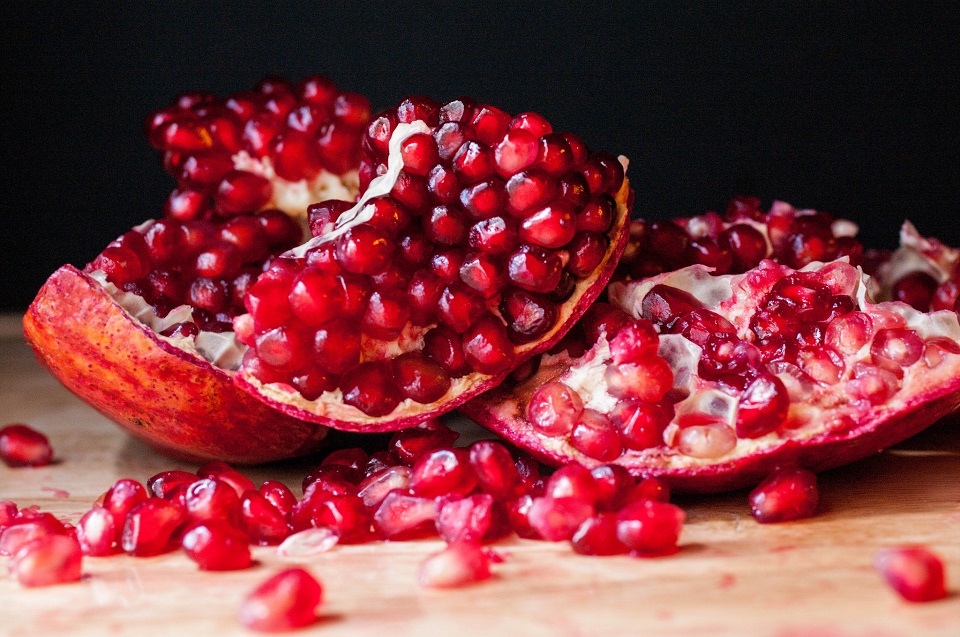
Much research on pomegranate has previously indicated strong potential anti-cancer properties by certain substances found in the fruit – effective against a wide variety of cancers including – prostate cancer and breast cancer.
This has been proven in vitro on mice and more recently also indicated by human studies when participants have received pomegranate together with a standardized cancer treatment.
Colon Cancer in Rats
This new study used rats that were divided into groups; both of with received continues injections of Azoxymethane, which is a carcinogenic and neurotoxic chemical compound used in biological research (an oxide of azomethane) that is effective in inducing colon carcinomas. One of the groups also received pomegranate peel extract.
The resulting data indicated that Pomegranate peel extract indeed was effective in reducing the ACF number (commonly accepted precursor lesions for colonic tumors) and restoring the redox status of the colon cells. ACF appears in the early stages of colon cancer and may sequentially lead to the development of polyps and adenomas
These results, therefore, support the notion from previous studies about the potential application of dietary antioxidant foods as a chemopreventive measure against colon cancer and in particular, the antioxidant substances found in pomegranate.
Abstract
Functional foods include antioxidant nutrients which may protect against many human chronic diseases by combating reactive oxygen species (ROS) generation. The purpose of the present study was to investigate the protective effect of pomegranate peel extract (PPE) on azoxymethane (AOM)-induced colon tumors
in rats as an in vivo experimental model. Forty Sprague-Dawley rats (4 weeks old) were randomly divided into 4 groups containing 10 rats per group and were treated with either AOM, PPE, or PPE plus AOM or injected with 0.9% physiological saline solution as a control. At 8 weeks of age, the rats in the AOM and PPE plus AOM groups were injected with 15 mg AOM/kg body weight, once a week for two weeks. After the last AOM injection, the rats were continuously fed ad-libitum their specific diets for another 6 weeks. At the end of the experiment (i.e. at the age of 4 months), all rats were killed and the colon tissues were examined microscopically for lesions suspected of being preneoplastic lesions or tumors as well as for biochemical measurement of oxidative stress indices. The results revealed a lower incidence of aberrant crypt foci in the PPE plus AOM administered group as compared to the AOM group. In addition, PPE blocked the AOM-induced impairment of biochemical indicators of oxidative stress in the examined colonic tissue homogenates. The results suggest that PPE can partially inhibit the development of colonic premalignant lesions in an AOM-induced colorectal carcinogenesis model, by abrogating oxidative stress and improving the redox status of colonic cells.
____________________________
Pomegranate (Punica granatum) Peel Extract Efficacy as a Dietary Antioxidant against Azoxymethane-Induced Colon Cancer in Rat
______________






















